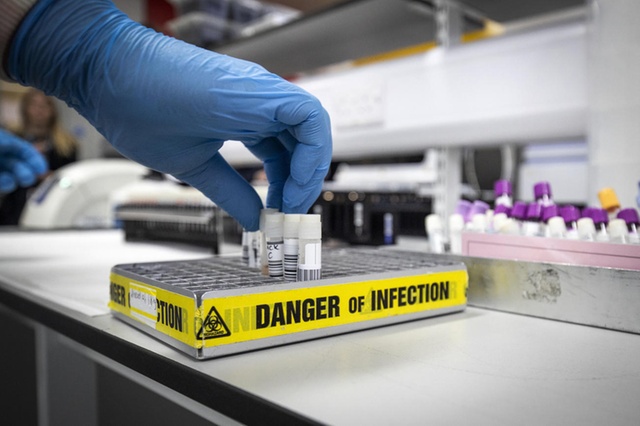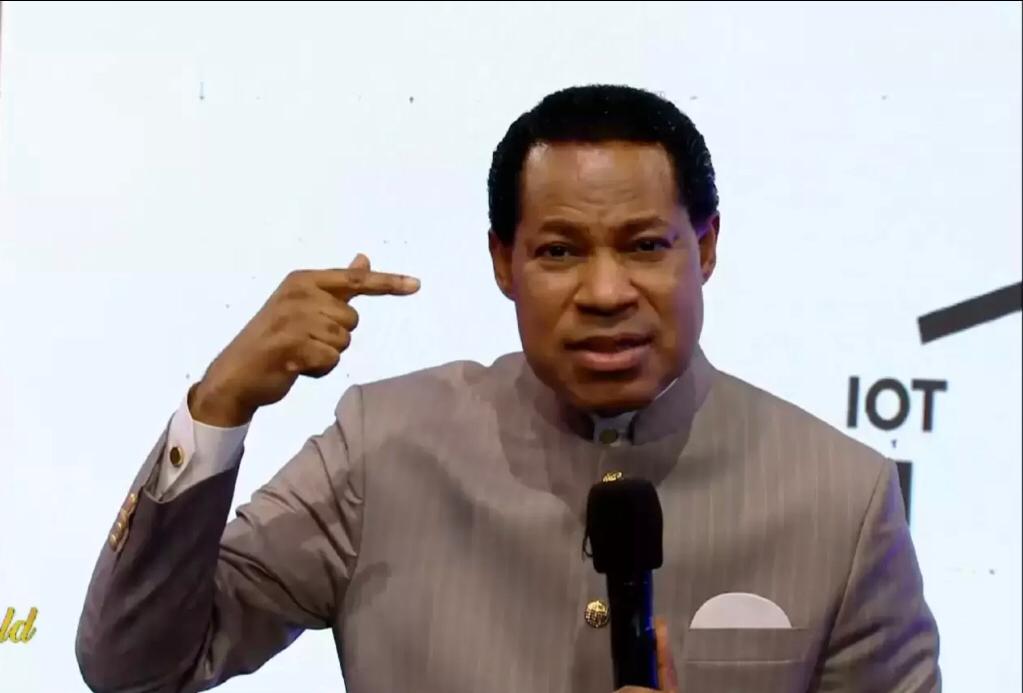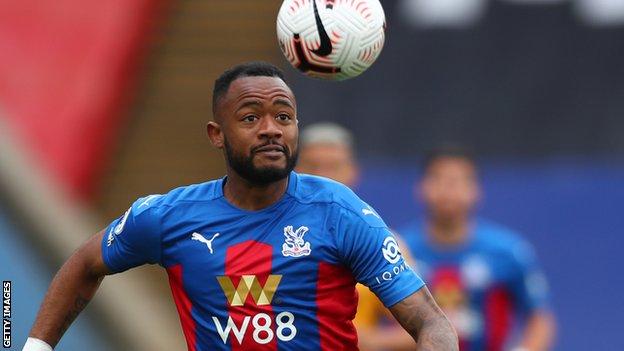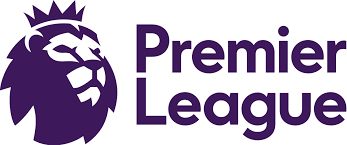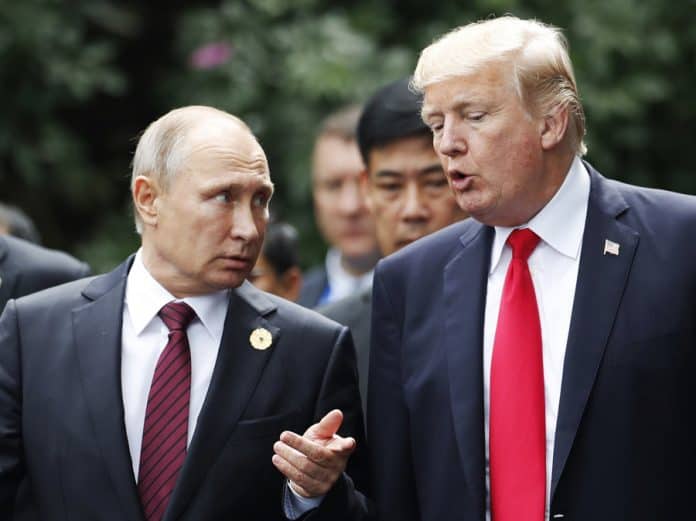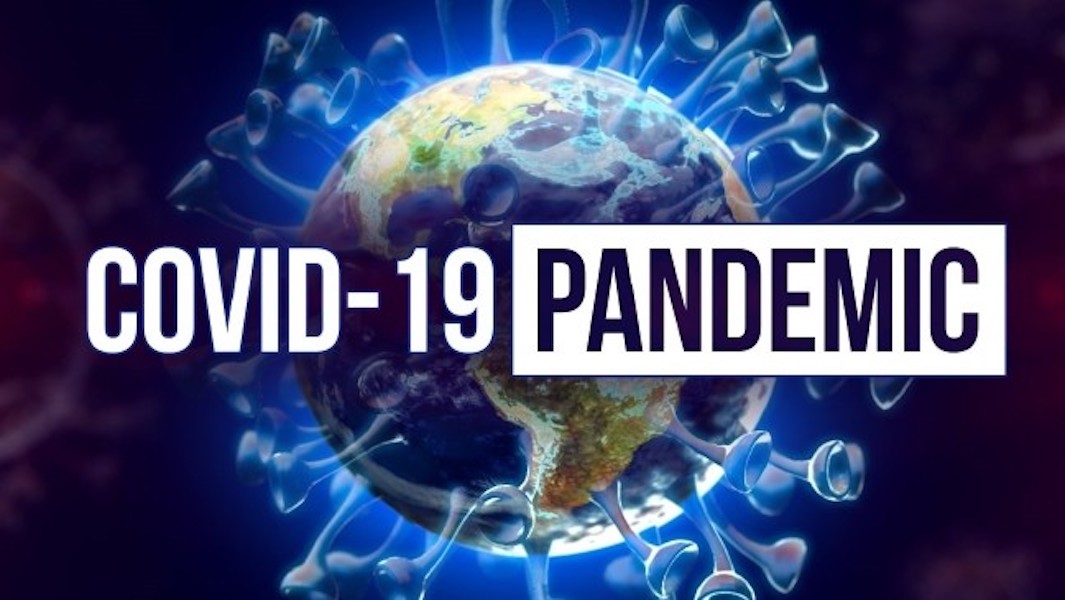In its fight at finding cure for the coronavirus, the World Health Organization (WHO) is launching a multi-country clinical trial to test four drug regimens as COVID-19 therapies.
The drugs include an experimental antiviral drug called remdesivir, the antimalarial drug chloroquine (or the related hydroxychloroquine), a combination of two HIV drugs, and those same two HIV drugs along with the anti-inflammatory interferon beta.
The trial will be flexible and could add or drop additional treatment approaches or locations over time. In that way, it appears to be similar to the adaptive trial that the National Institute of Allergy and Infectious Diseases started in the US in February, which initially set out to test remdesivir but could expand to other drugs. The US is not currently involved in the WHO trial.
Hundreds of other clinical trials are underway, and other groups also continue to test the medications that the WHO selected — here’s a breakdown of some of the drugs that researchers are zeroing in on.
Studies found that hydroxychloroquine and the related chloroquine can stop the novel coronavirus from infecting in cells in the lab, and anecdotal evidence suggests that it may help patients with COVID-19. Because the drug has been around for decades as an antimalarial treatment, scientists have experience with it.
“It’s a known medicine,” says Caleb Skipper, an infectious disease postdoctoral fellow at the University of Minnesota who’s working on a smaller trial of the drug. “Little blips of lab data over the last several years show this drug has activity against viruses.”
The goal, Skipper says, is to get the drug in people’s systems early. “Particularly with viruses, the earlier you inhibit their ability to replicate the better off you’re going to be. If a drug is going to work, it is more likely to work early on in disease,” he says. “If you catch someone really early and provide treatment early virus will have replicated a lot less.”
The existing evidence on hydroxychloroquine points in the right direction, Skipper says, but all of the research on the drug is still in very early stages. “It’s a long ways from being proven effective,” he says.
Despite the limited evidence available, public figures, including Elon Musk and Trump, are pushing the message that hydroxychloroquine and chloroquine are the solutions to the outbreaks. “I feel good about it. That’s all it is, just a feeling, you know, smart guy. I feel good about it,” Trump said in a press conference on Friday.
As a result of the hype, demand for the drug has spiked, and manufacturers are increasing production. In Nigeria, two people overdosed on the medication after Trump said it could cure COVID-19. People who take it for other conditions, like lupus, are struggling to access their usual supply.
To be very clear, there is still no conclusive evidence that chloroquine will treat COVID-19. And treatments that appear promising based on anecdotal reports or “feelings” often don’t end up working, which scientists know well: the majority of clinical trials fail, and they’re seeing that reinforced in coronavirus treatment efforts.
In February, doctors in Thailand said they saw their COVID-19 patients improve on the combination of two HIV drugs, lopinavir–ritonavir. The WHO is testing the drug combination in their trial, along with anti-inflammatory interferon beta, which the body produces naturally to ward off viruses. The drug combination was used in patients during the SARS and MERS outbreaks, and it appeared to help.
AdvertisementBut a clinical trial of those two drugs in China just found that patients with COVID-19 who were given the drugs did not improve more quickly than patients who didn’t receive it.
The antiviral drug remdesivir was first developed to treat Ebola, but research later showed that it could also block MERS and SARS in cells. Lab tests have shown that it can inhibit the novel coronavirus in cells as well.

 Comments and Issues2 days ago
Comments and Issues2 days ago
 Business6 days ago
Business6 days ago
 Business1 week ago
Business1 week ago
 Business1 week ago
Business1 week ago
 Business5 days ago
Business5 days ago
 News6 days ago
News6 days ago
 Comments and Issues5 days ago
Comments and Issues5 days ago
 Education7 days ago
Education7 days ago
